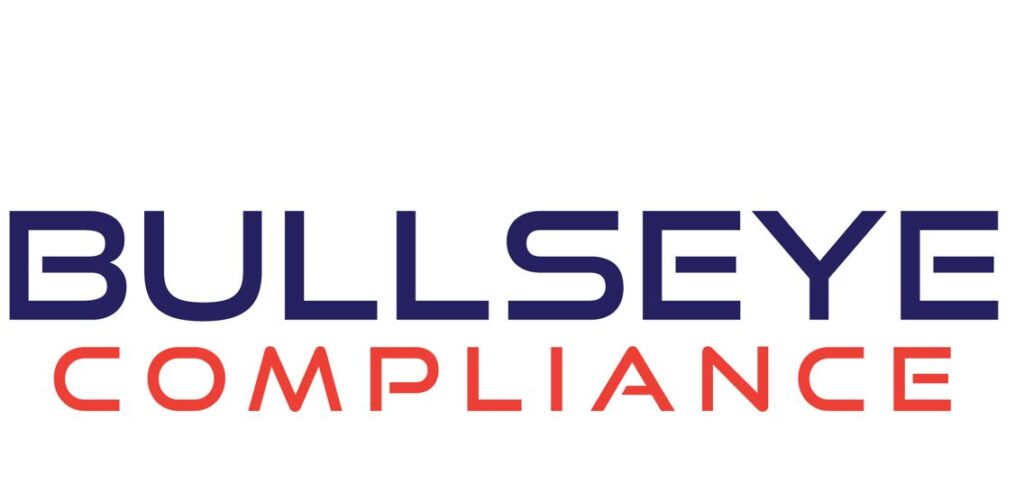Assessments
Our assessments provide a detailed understanding of your organization’s vulnerabilities, strengths, and compliance readiness, enabling informed decision-making and targeted remediation efforts.
A targeted evaluation focusing on an organization's readiness to prevent, detect, and recover from ransomware attacks. This assessment maps to specific practices and controls that address ransomware risks.
An assessment aligned with the Center for Internet Security (CIS) Controls v8, measuring implementation of foundational and advanced cybersecurity practices. It provides a prioritized path to improve security posture.
CMMC Level 1 is the entry-level tier of the Cybersecurity Maturity Model Certification (CMMC), focusing on basic cybersecurity hygiene. It includes 15 practices aimed at protecting Federal Contract Information (FCI) and is primarily intended for smaller contractors and suppliers working with the Department of Defense (DoD).
CMMC Level 2 represents an intermediate tier that builds on Level 1 by incorporating more advanced cybersecurity practices. It includes 110 security requirements aligned with NIST SP 800-171, focusing on protecting Controlled Unclassified Information (CUI) and enhancing overall cybersecurity maturity.
An assessment to evaluate compliance with the Gramm-Leach-Bliley Act and Federal Trade Commission Safeguards Rule, ensuring financial institutions implement necessary security measures to protect customer information.
A healthcare-specific assessment measuring compliance with the Health Insurance Portability and Accountability Act (HIPAA) Security Rule to safeguard electronic protected health information (ePHI).
An assessment aligned with the 2022 version of ISO 27001, measuring an organization's Information Security Management System (ISMS) against international standards for security risk management.
An assessment designed to evaluate compliance with the NIST 800-171 framework, which outlines the protection of Controlled Unclassified Information (CUI) in non-federal systems.
An assessment based on the updated NIST CSF v2.0, which includes enhancements to governance and supply chain risk management alongside core cybersecurity practices.
An evaluation of compliance with the New York State Department of Financial Services Cybersecurity Regulation (23 NYCRR Part 500), incorporating recent amendments to address new risks.
A focused assessment on compliance with the Payment Card Industry Data Security Standard (PCI-DSS) Point-to-Point Encryption (P2PE) requirements, ensuring secure payment processing.
An assessment aligned with the U.S. Securities and Exchange Commission’s (SEC) final rule on cybersecurity risk management and disclosure, aimed at regulated entities.
An assessment for Service Organization Control (SOC) 2 compliance, focusing on trust service criteria including security, availability, processing integrity, confidentiality, and privacy.

A targeted evaluation focusing on an organization’s readiness to prevent, detect, and recover from ransomware attacks. This assessment maps to specific practices and controls that address ransomware risks.
An assessment aligned with the Center for Internet Security (CIS) Controls v8, measuring implementation of foundational and advanced cybersecurity practices. It provides a prioritized path to improve security posture.
CMMC Level 1 is the entry-level tier of the Cybersecurity Maturity Model Certification (CMMC), focusing on basic cybersecurity hygiene. It includes 15 practices aimed at protecting Federal Contract Information (FCI) and is primarily intended for smaller contractors and suppliers working with the Department of Defense (DoD).
CMMC Level 2 represents an intermediate tier that builds on Level 1 by incorporating more advanced cybersecurity practices. It includes 110 security requirements aligned with NIST SP 800-171, focusing on protecting Controlled Unclassified Information (CUI) and enhancing overall cybersecurity maturity.
An assessment to evaluate compliance with the Gramm-Leach-Bliley Act and Federal Trade Commission Safeguards Rule, ensuring financial institutions implement necessary security measures to protect customer information.
A healthcare-specific assessment measuring compliance with the Health Insurance Portability and Accountability Act (HIPAA) Security Rule to safeguard electronic protected health information (ePHI).
An assessment aligned with the 2022 version of ISO 27001, measuring an organization’s Information Security Management System (ISMS) against international standards for security risk management.
An assessment designed to evaluate compliance with the NIST 800-171 framework, which outlines the protection of Controlled Unclassified Information (CUI) in non-federal systems.
An assessment based on the updated NIST CSF v2.0, which includes enhancements to governance and supply chain risk management alongside core cybersecurity practices.
An evaluation of compliance with the New York State Department of Financial Services Cybersecurity Regulation (23 NYCRR Part 500), incorporating recent amendments to address new risks.
A focused assessment on compliance with the Payment Card Industry Data Security Standard (PCI-DSS) Point-to-Point Encryption (P2PE) requirements, ensuring secure payment processing.
An assessment aligned with the U.S. Securities and Exchange Commission’s (SEC) final rule on cybersecurity risk management and disclosure, aimed at regulated entities.
An assessment for Service Organization Control (SOC) 2 compliance, focusing on trust service criteria including security, availability, processing integrity, confidentiality, and privacy.

